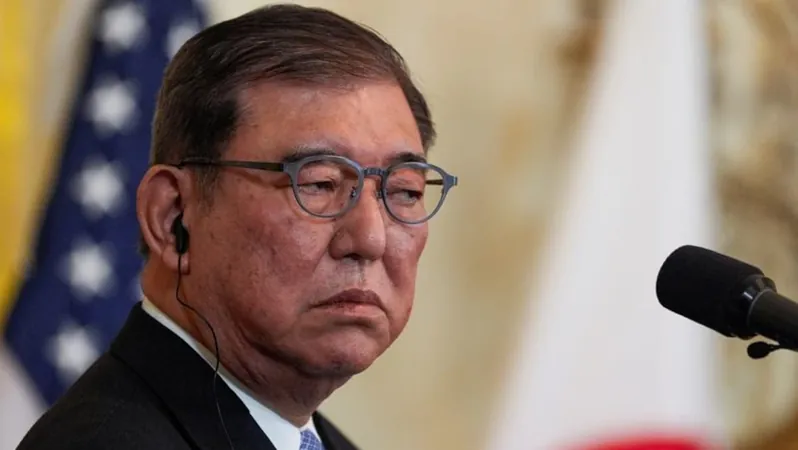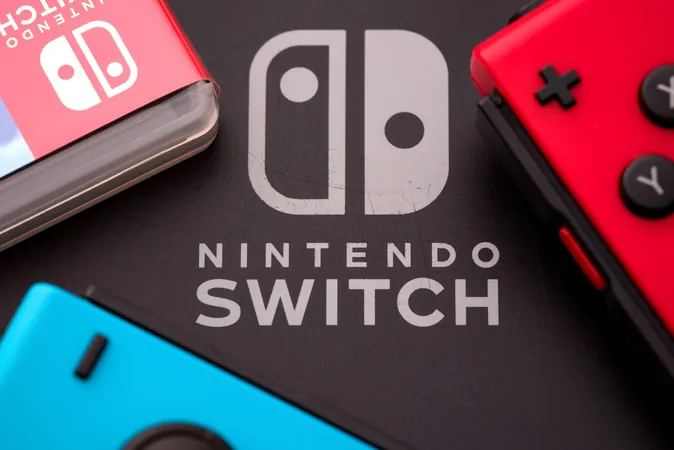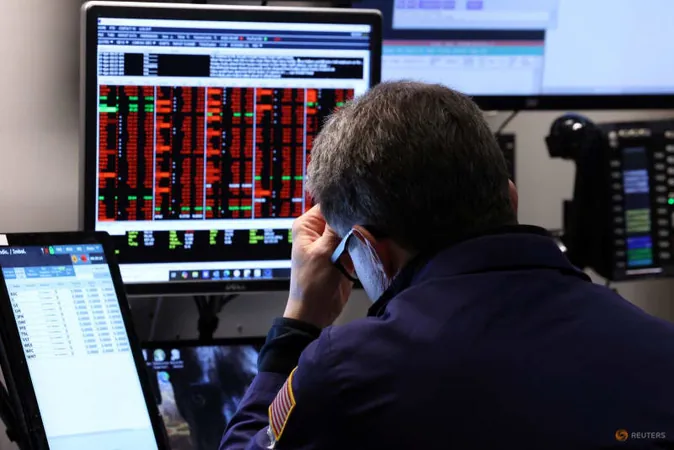
Japan Strives for Tariff Relief Amid Trade Turbulence with the US
2025-04-07
Author: Daniel
TOKYO:
In a bold move to combat rising import tariffs, Japan's Prime Minister Shigeru Ishiba announced on Monday that Japan is preparing to offer President Donald Trump a comprehensive “package” of measures designed to secure relief from new U.S. tariffs that have sent shockwaves through both economies.
The backdrop of this announcement stems from Trump’s recent declaration imposing a significant 24% levy on imports from Japan as part of a broader strategy to implement global reciprocal tariffs. This sudden shift raises concerns for Japanese companies, which are some of the largest foreign investors in the United States.
Prime Minister Ishiba emphasized the importance of approaching the negotiations with a well-rounded strategy rather than fragmented proposals. “We believe that we have to present a package, and we cannot present it on a piecemeal basis,” he stated in parliament. Among the potential components of this package is Japan's involvement in the proposed natural gas pipeline project in Alaska, a venture that Trump previously described as “gigantic” and which he discussed with Ishiba during talks at the White House in February.
Efforts to arrange a direct phone conversation between Ishiba and Trump have intensified since the announcement of the tariffs, as Tokyo seeks to rectify what it perceives as an economic imbalance. The ripple effects of the tariffs have already manifested in the Japanese stock market, with the Nikkei 225 index plummeting nearly 8%, prompting investors to pivot towards safer assets in a climate of uncertainty.
The Japan Business Federation, known as Keidanren, voiced significant concern over the unfolding trade war. Chairman Masakazu Tokura elaborated on the critical juncture the world faces, saying, “The world has flourished through the free trade system since the end of World War II, and the driving force behind this system is the US.” Tokura added that the US's recent tariff hikes and protectionist measures have triggered countries around the globe to consider their own protective strategies, emphasizing the urgency of preserving the free trade framework.
In addition to the 24% tariff on goods, a 25% levy on automobiles entering the U.S. has further compounded the situation. The Japanese auto industry, a pillar of the nation’s economy and responsible for approximately 5.6 million jobs, is especially vulnerable. Exports of vehicles constituted around 28% of Japan's £21.3 trillion (US$142 billion) of exports to the United States last year.
As negotiations unfold, the stakes remain high for both Japan and the U.S. Global observers are watching closely, as the outcome could redefine trade relations not just between these two nations, but across the entire international trading system. Will Japan’s comprehensive approach sway the U.S. administration? Time will tell, but one thing is certain: the future of global trade hangs in the balance.




 Brasil (PT)
Brasil (PT)
 Canada (EN)
Canada (EN)
 Chile (ES)
Chile (ES)
 Česko (CS)
Česko (CS)
 대한민국 (KO)
대한민국 (KO)
 España (ES)
España (ES)
 France (FR)
France (FR)
 Hong Kong (EN)
Hong Kong (EN)
 Italia (IT)
Italia (IT)
 日本 (JA)
日本 (JA)
 Magyarország (HU)
Magyarország (HU)
 Norge (NO)
Norge (NO)
 Polska (PL)
Polska (PL)
 Schweiz (DE)
Schweiz (DE)
 Singapore (EN)
Singapore (EN)
 Sverige (SV)
Sverige (SV)
 Suomi (FI)
Suomi (FI)
 Türkiye (TR)
Türkiye (TR)
 الإمارات العربية المتحدة (AR)
الإمارات العربية المتحدة (AR)